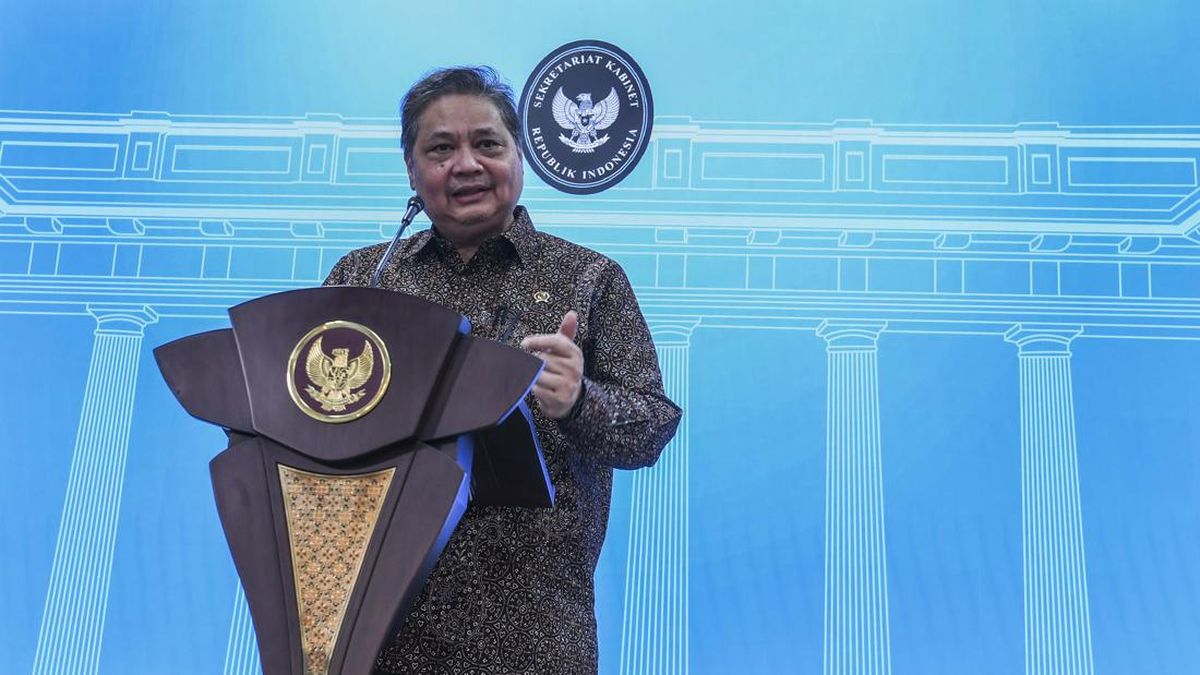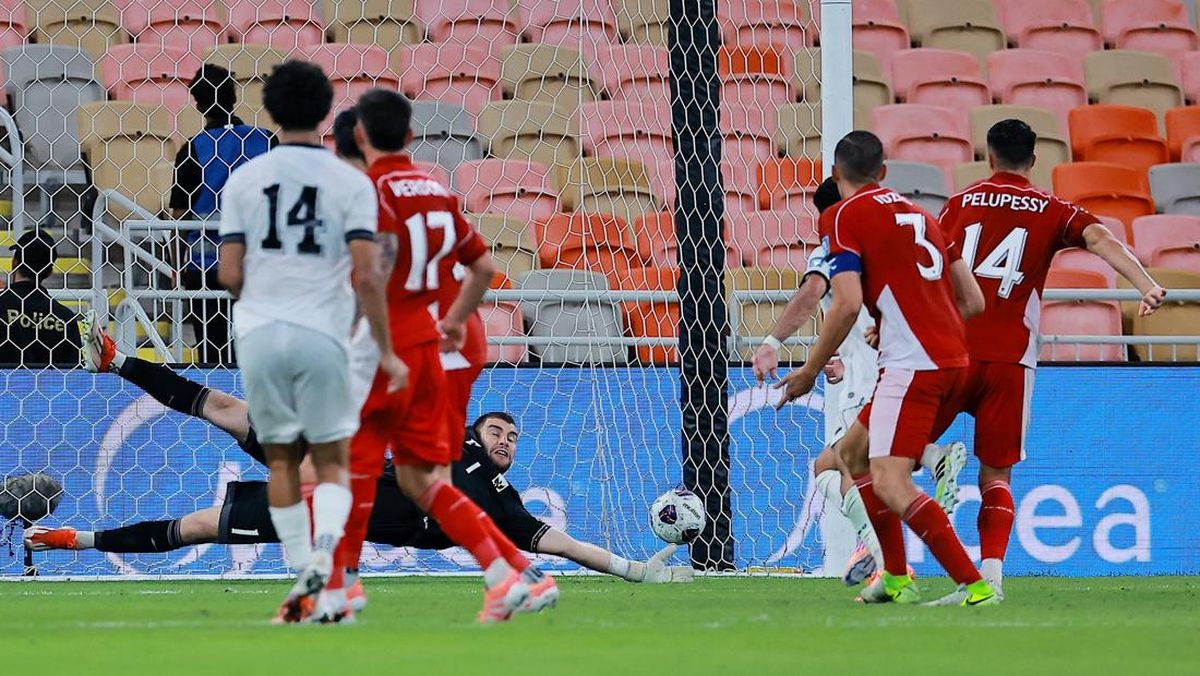Opinion
October 12, 2025 — 4.30pm
October 12, 2025 — 4.30pm
Fifty years ago today, Australians witnessed the opening of the final chapter of our greatest political drama – the demise of the Whitlam government. The catalyst was the political cause celebre of 1975 – the so-called overseas loans affair.
The minister for minerals and energy, Rex Connor, a storied Labor colossus, had solicited a massive loan in petrodollars (equivalent to 1/16th of Australia’s GDP) not through the orthodox channel of the global bond markets, but by the agency of a dubious Pakistani commodities trader, one Tirath Khemlani. Television footage of this dodgy, betel nut-chewing spiv being chased around Canberra by a cavalcade of journalists gave the affair a Keystone Cops quality which was a perfect – and very entertaining – metaphor for the shambles the Whitlam government had itself become.

Sacked prime minister Gough Whitlam addresses the crowd outside Parliament House after his dismissal on November 11, 1975. Credit: Fairfax Media
Whitlam ordered Connor to cease his dealings with Khemlani, who assured him that he had done so. But documents unearthed by the opposition demonstrated he had lied both to his prime minister and to parliament. On October 14, 1975, Whitlam dismissed him, thereby providing opposition leader Malcolm Fraser with the “extraordinary and reprehensible circumstance” which he had set as the test whether the Senate would block passage of the budget bills. Two days later, it did so, commencing the train of events which culminated in Whitlam’s dismissal on November 11. (We should brace ourselves for the unbridled orgy of Whitlam hagiography and rekindled rage that no doubt awaits us as that anniversary approaches.)
The blocking of supply and the dismissal of the Whitlam government were two quite different things. When the Senate refused to pass the budget bills, it did so in furtherance of the opposition’s demand that the government call an election. In the years that have passed, nurtured by ever more fanciful and neurotic conspiracy theories, mythologisers of 1975 have tended to run these events together, as if they were elements of a pre-arranged scheme. That was never so.
The blocking of supply might have eventuated in the dismissal, but the dismissal was not the inevitable – or even the expected – outcome of the blocking of supply. Fraser’s game was to force Whitlam’s hand, not governor-general Sir John Kerr’s.
Whitlam’s legal and moral case ... is fatally weakened by the fact that in 1970, he had tried to do the very same thing.
The fury directed at the Senate by Whitlam did not merely stem from the events of October 1975. Throughout the life of his government, the opposition used its numbers in the Senate to block measures which it opposed. Whitlam, claiming a mandate for his legislative program, defined the dispute as between the Senate and “the people’s House” (never “the government”). Blocking supply was, for Whitlam, the most egregious instance of the Senate voting against government legislation, but it was hardly the first.
Loading
The ferocity of his rhetoric notwithstanding, Whitlam’s legal and moral case against the propriety of the Senate denying supply to his government is fatally weakened by the fact that in 1970, he had tried to do the very same thing. Then, as in 1975, the government (that of John Gorton) was deeply unpopular. Then, as in 1975, the opposition saw rich advantages in an early election. Then, as in 1975, the government lacked control of the Senate. And then, as in 1975, the opposition’s chosen method to force the government to the people was to block the budget.
In his budget reply speech on August 25, 1970, Whitlam announced Labor’s intention to force an election: “Let me make it clear at the outset that our opposition to this budget is no mere formality. We intend to press our opposition by all available means on all related measures in both Houses. … [W]e will vote against the bills here and in the Senate. Our purpose is to destroy this budget and to destroy the government which has sponsored it.
“The question for all Australians is whether we stand up for a society embodying justice and fairness and equality of sacrifice and equality of privilege … The people should have the opportunity to answer this question themselves. An election is the only way to give them the opportunity.”
Loading
The opposition made good its threat. In the end, however, the budget bills passed narrowly when enough crossbenchers refused Whitlam’s entreaties.
The forgotten story of the 1970 budget gives the lie to the claim – made repeatedly by Whitlam and echoed by Labor apologists ever since – that the opposition’s decision to vote against the 1975 budget in the Senate was unprecedented, the breach of an entrenched constitutional convention. It was nothing of the sort, and nobody knew that better than Whitlam himself.
In one respect, the 1970 precedent was a much more aggressive use of Senate power than anything that happened in 1975. In the latter case, there was a multiplicity of Bills – 21 in all – which provided the grounds for the double dissolution on which the Governor-General ultimately insisted, meaning that the Senate as well as the House of Representatives faced election. In 1970, there were no double dissolution triggers; had Whitlam’s strategy succeeded, the Senate would not have had to face the consequences of its actions.
The comparison between the never-to-be-forgotten events of 1975, and the utterly forgotten, although potentially even more consequential, events of 1970, expose how hypocritical has been the romanticisation of the Whitlam government’s inglorious end.
The 1970 precedent, with Labor as the champion of Senate power and Whitlam as the chief protagonist of blocking supply to drive an unpopular government from office, has been airbrushed out of history by Labor-leaning historians and the left intelligentsia (sic) with an impatience for inconvenient facts which George Orwell would have recognised and of which Joe Stalin would have been proud. But Labor’s myth-makers never let the truth get in the way of a good story – or a long-nurtured grievance.
George Brandis is a former high commissioner to the UK and a former Liberal senator and federal attorney-general. He is a professor at the ANU’s National Security College.
Get a weekly wrap of views that will challenge, champion and inform your own. Sign up for our Opinion newsletter.
Most Viewed in Politics
Loading


















































